Ivory Coast power struggle continues
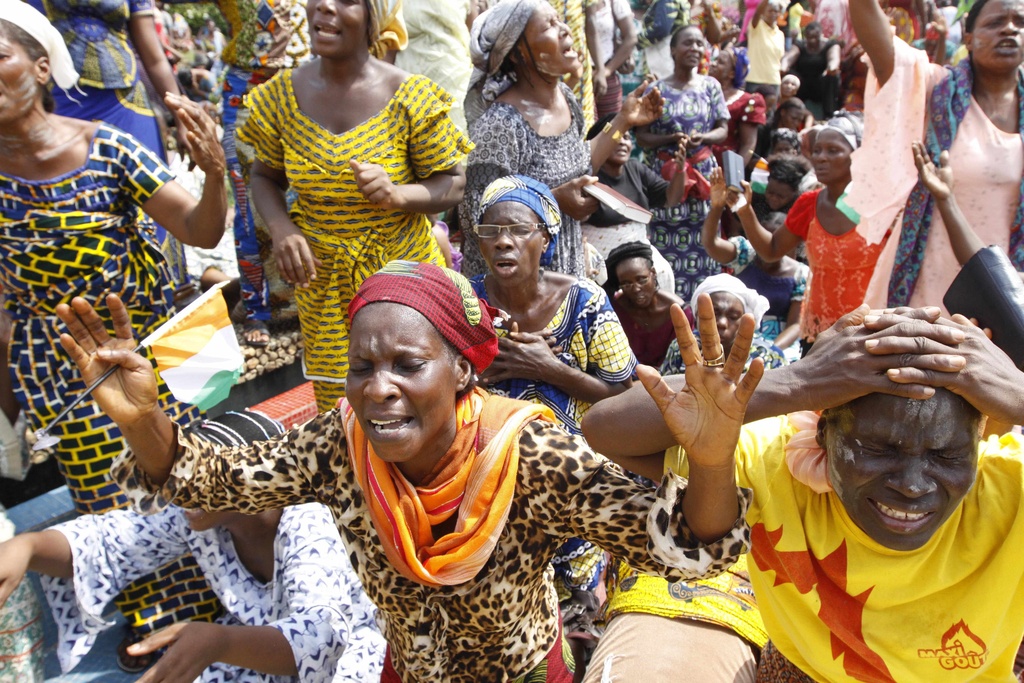
A month after presidential elections in Ivory Coast, attempts by international mediators have failed to persuade the incumbent president, Laurent Gbagbo, to step down.
Gbagbo claims to be the rightful winner, alleging massive fraud in the stronghold of his rival, Alassane Ouattara.
But the international community has thrown its weight behind Ouattara, declared the winner by the country’s Independent Electoral Commission. His victory has also been recognised by the United Nations, which had its own observers there.
Africa expert Ruedi Küng is a former correspondent of German-language Swiss radio who now has his own InfoAfrica company. He told swissinfo.ch that he believes most countries were persuaded to recognise Ouattara because the 2010 elections were the first to be watched closely by an external body.
The result upset Gbagbo’s calculations. The vote should have been held in 2005: Gbagbo delayed it until he was sure of success, Küng says. He didn’t have a “plan B”.
“I think Gbagbo simply didn’t imagine that he was going to lose. He was going to be the triumphant winner of the first really democratic elections in Ivory Coast.”
Politics of the stomach
For Küng that explains why in the run-up to the elections Gbagbo and Ouattara agreed to support each other. It was an easy promise for Gbagbo to make because he was sure he would win.
He thinks Ouattara would probably indeed have brought in not only people from Gbagbo’s camp but also from former president Henri Konan-Bédié’s, who was knocked out in the first round. Between them, these three represent the country’s three main ethnic groupings.
Even so, promises or no promises, the winner of an election, whoever it is, has to look after his own constituency if he wants to keep power.
This is what the French political expert Jean-François Bayart has called “the politics of the stomach”.
“Ruling means sitting at the head of a table at a lavish feast and doling out the best titbits – in other words, lucrative posts in the government,” researcher Manuel Vogt wrote in an opinion piece on Ivory Coast in the Tages-Anzeiger newspaper last month.
“The politics of the stomach is one of the reasons why Africa finds it so difficult to democratise. From Gbagbo’s point of view, what is at stake is his own future. And the top ranking army and police officers who have lined up behind him, know that their careers depend on Gbagbo’s fate.”
Power sharing
Küng is surprised that no one is talking of the kind of solution agreed in both Kenya and Zimbabwe in 2008, where a power-sharing agreement was reached when the old leaders refused to step down.
“The solution could not satisfy any real democrat, but in the end you can say it stopped the bloodshed,” he observed.
An argument used against such deals is that they could encourage losers to refuse to accept defeat, and suggest the formation of a government of national unity instead.
Küng admits that he doesn’t have the answer, but he finds it hard to believe in military intervention.
And yet given how unwilling Gbagbo is to relinquish power, that is just what the Economic Community of West African States (Ecowas), is talking about. It has said it could use “legitimate force” to oust Gbagbo if he refuses to step down.
“I would say this is not feasible,” said Küng. “You would really have a war. You would need a lot of foreign support for these Ecowas forces to land and fight an army which is sitting there – not so very well equipped, it’s true, but still strong: 20-25,000, or there is even talk of 30,000.”
“For me so far, this has just been a threat, a posture. Gbagbo is even saying: ‘Let them come.’”
Finance
So if force is not a realistic option, what will make Gbagbo step down? Measures to cut off his access to money are already in force.
“The question is how far Gbagbo can last with all the money he gets from the cocoa sector. I’m sure he can last for quite a long time,” said Küng.
A report in Monday’s Neue Zürcher Zeitung newspaper claims that Gbagbo has long siphoned off huge amounts of money from the cocoa trade to use for his own purposes. Ivory Coast produces some 40 per cent of the world cocoa crop.
“He’s buying time. He thinks that sooner or later they will have to recognise him if he can make it financially,” Küng said.
And despite overwhelming condemnation from most of the world, he is not without backers. Two relatively wealthy African countries, Angola and Gabon, are supporting him, as well as Zimbabwe, even if the reason for their support is not immediately clear.
Some voices in France have also been raised in his favour, most recently by the veteran lawyer Jacques Vergès and former Foreign Minister Roland Dumas. In the United States too there are people trying to improve Gbagbo’s image.
“So you might all of a sudden see a shift in certain factions of the international community, and that is what he is looking for: to split them,” Küng explained.
Küng is convinced that Gbagbo doesn’t see himself as the “bad guy” in the current crisis.
“He sees himself as the saviour of the Ivorian nation from all the evil powers of the world who want to humiliate and subjugate the Ivorian people.”
The 2010 presidential election in Ivory Coast was held in two rounds, on October 31 and November 28.
In the second round, Laurent Gbagbo, favoured in the south, was pitted against Alassane Ouattara, who enjoys support in the north.
Provisional results released by the Independent Electoral Commission on December 2 gave Ouattara 54% of the vote.
However, the President of the Constitutional Council declared the results invalid and announced that Gbagbo had won with 51.5%.
Both men subsequently took an oath of office.
Ouattara has been supported by the international community, including the United Nations, the African Union, the Economic Community of West African States, the European Union and the United States.
Switzerland announced on December 30 that it was also giving him its support.
Gbagbo remains in the presidential palace, while Ouattara is in the Golf Hotel in the commercial capital of Abidjan, protected by UN peacekeepers.
Hundreds of people are reported to have been killed in post-election violence. The continuing tension has led to an exodus of refugees to neighbouring countries, in particular Liberia.
Born 1945, an early opponent of Ivory Coast’s first president, Felix Houphouët-Boigny (1905-93).
Jailed for two years, 1971-3, for his political activities.
Spent many years in exile in France, where he formed the opposition party, later known as the Ivorian Popular Front (FPI), in 1982.
Returned to Ivory Coast in 1988; stood against Houphouët in 1990 presidential elections, gaining 18.3% of the vote.
Elected to parliament in 1990.
Became president in 2000 after disputed elections.
2002 a failed coup attempt against his government was the immediate spark setting off civil war.
Born 1942; studied economics in the US.
Worked as an economist in international financial bodies, including the International Monetary Fund.
Appointed prime minister in 1990. During Houphouët’s final illness also performed presidential duties.
Returned to IMF after Houphouët’s death in December 1993.
Ahead of the 1995 elections, parliament passed a law banning people with foreign parents or who had been living outside the country from standing for president.
Ouattara’s parents were said to come originally from Burkina Faso – which he denied.
Ouattara’s RDR party and Gbagbo’s FPI boycotted the elections.
Ouattara again barred in 2000, one of the sparks setting off the civil war.
In 2007, Gbagbo announced that Ouattara would be allowed to stand in the next election.

In compliance with the JTI standards
More: SWI swissinfo.ch certified by the Journalism Trust Initiative
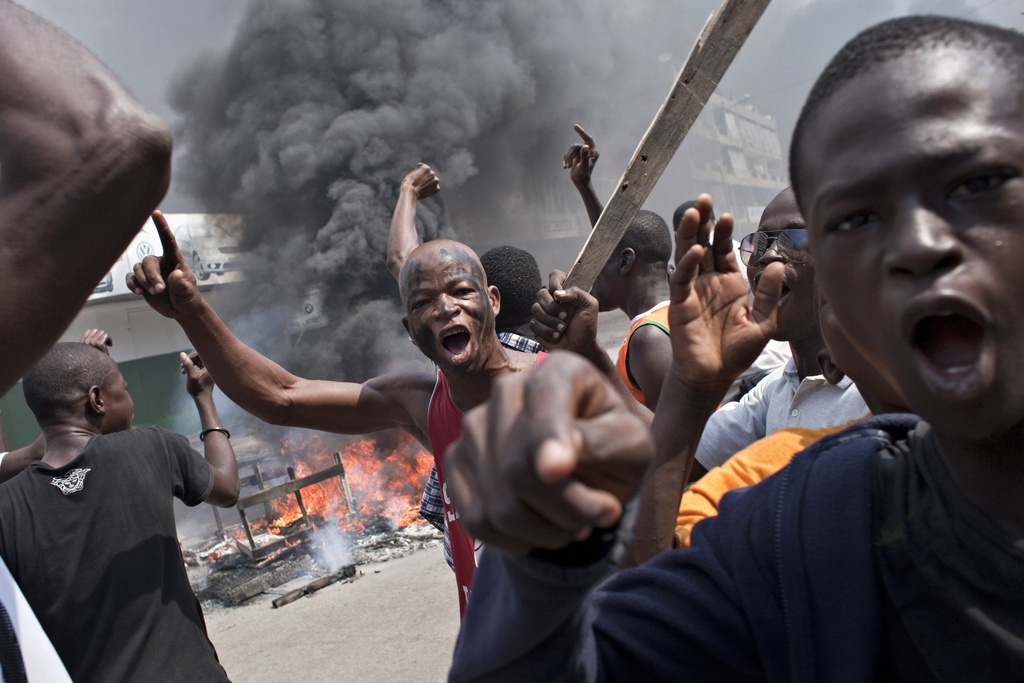
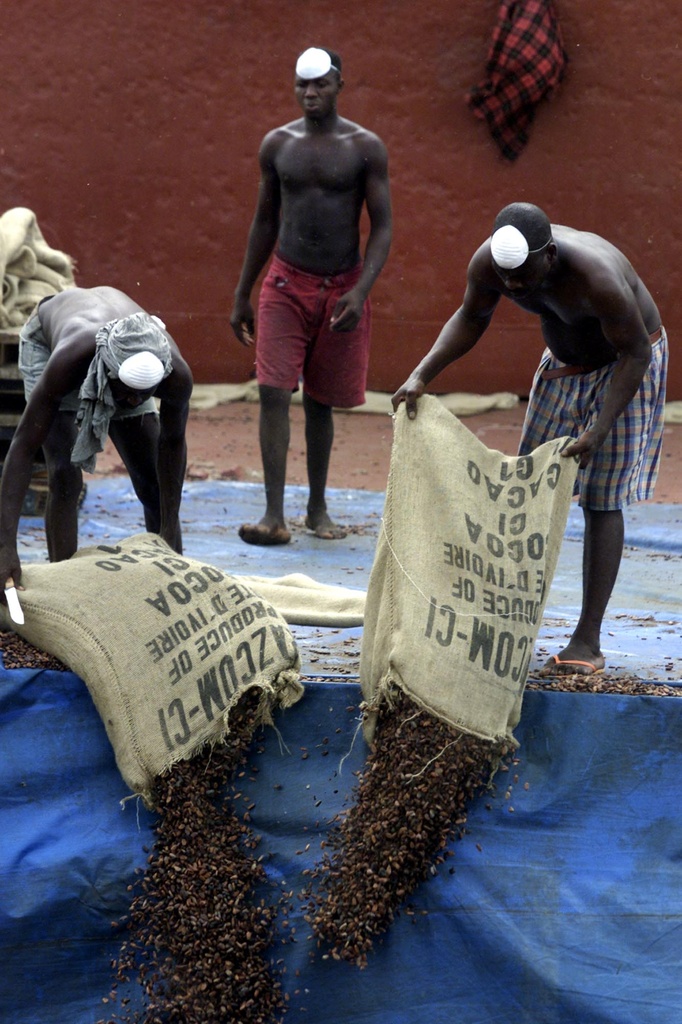
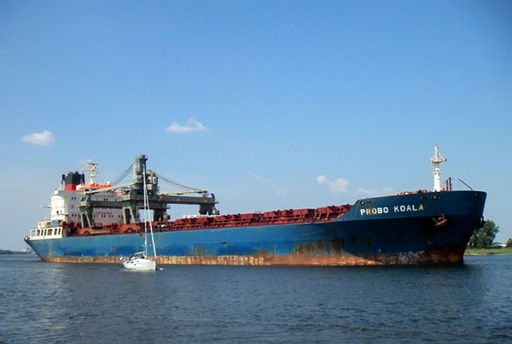
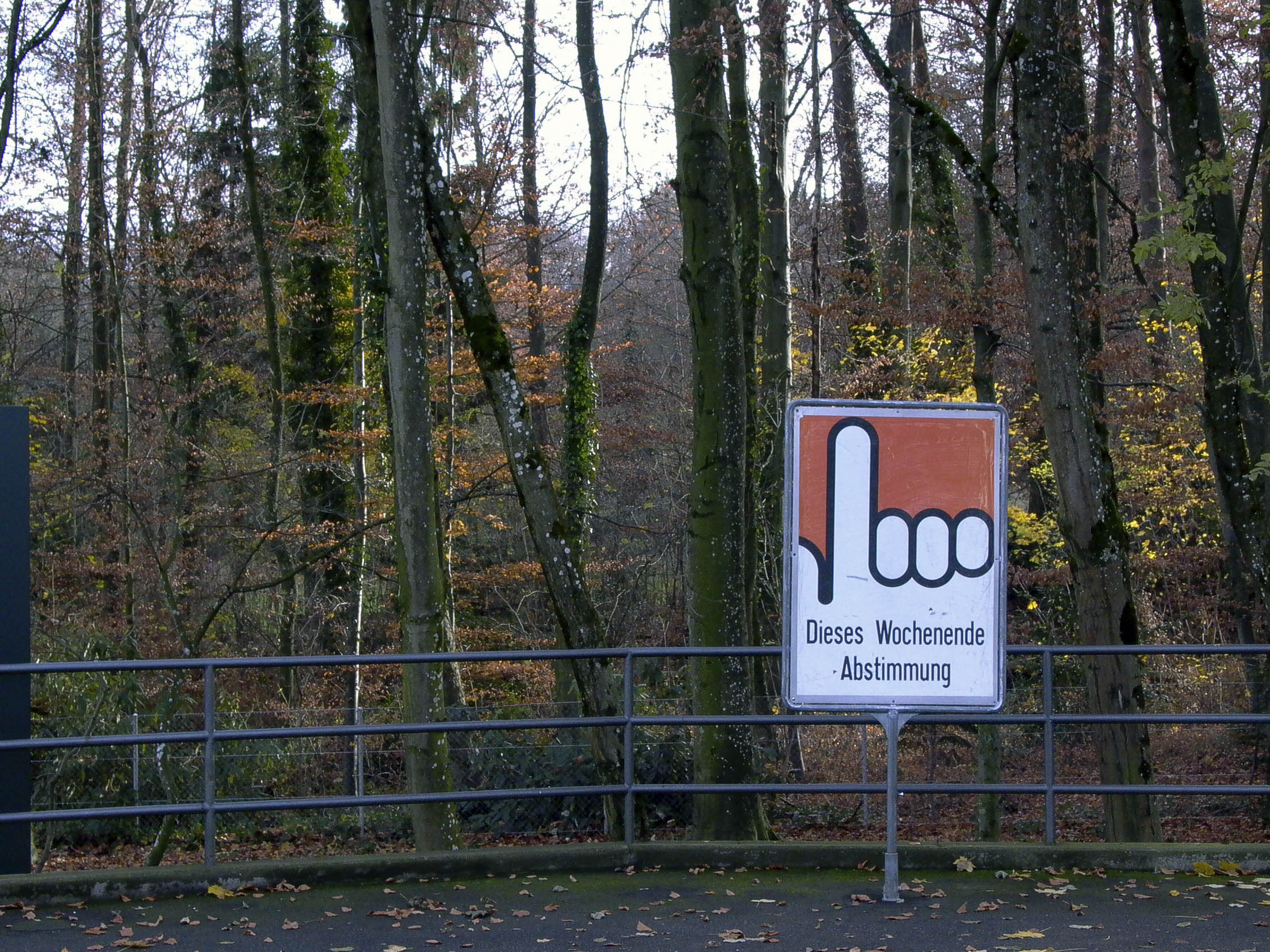
You can find an overview of ongoing debates with our journalists here. Please join us!
If you want to start a conversation about a topic raised in this article or want to report factual errors, email us at english@swissinfo.ch.